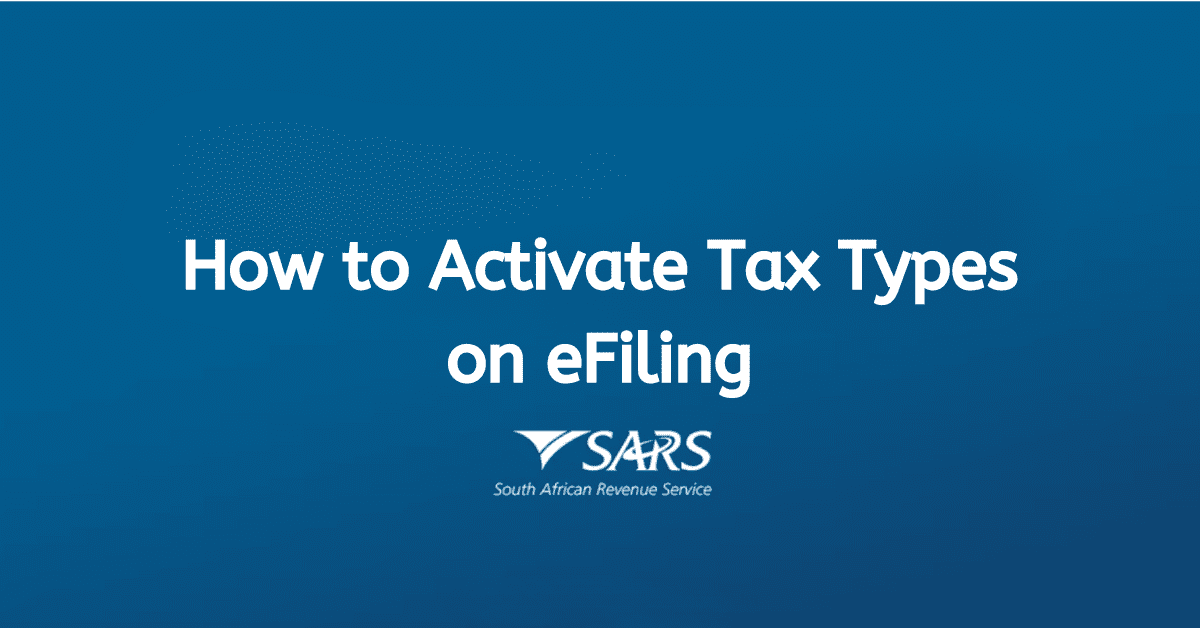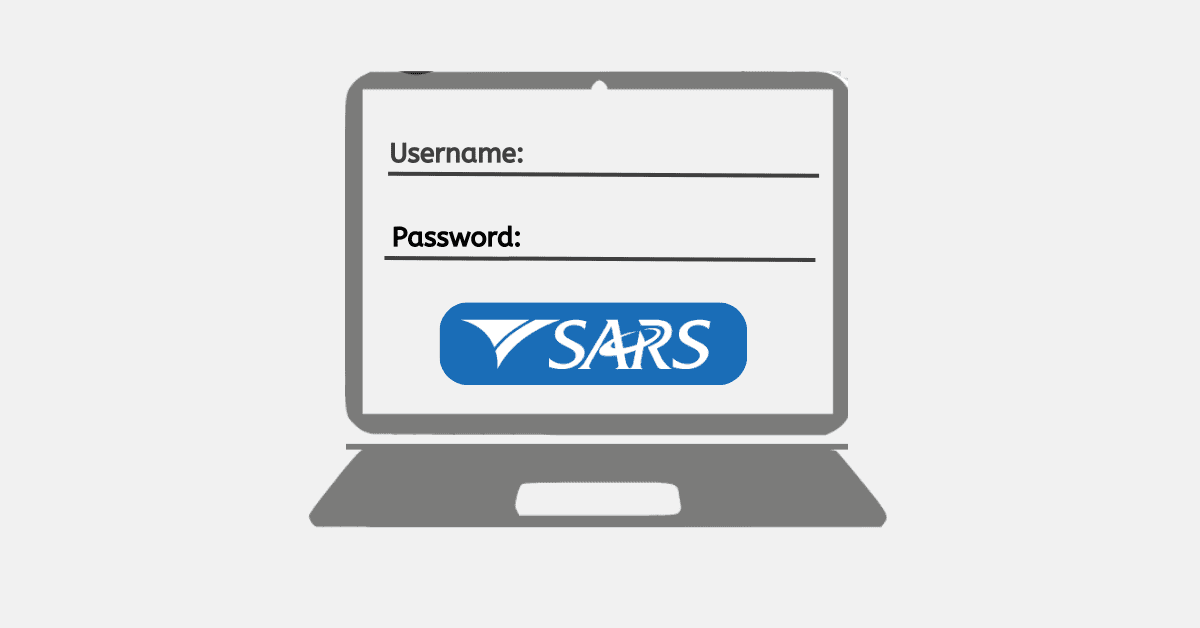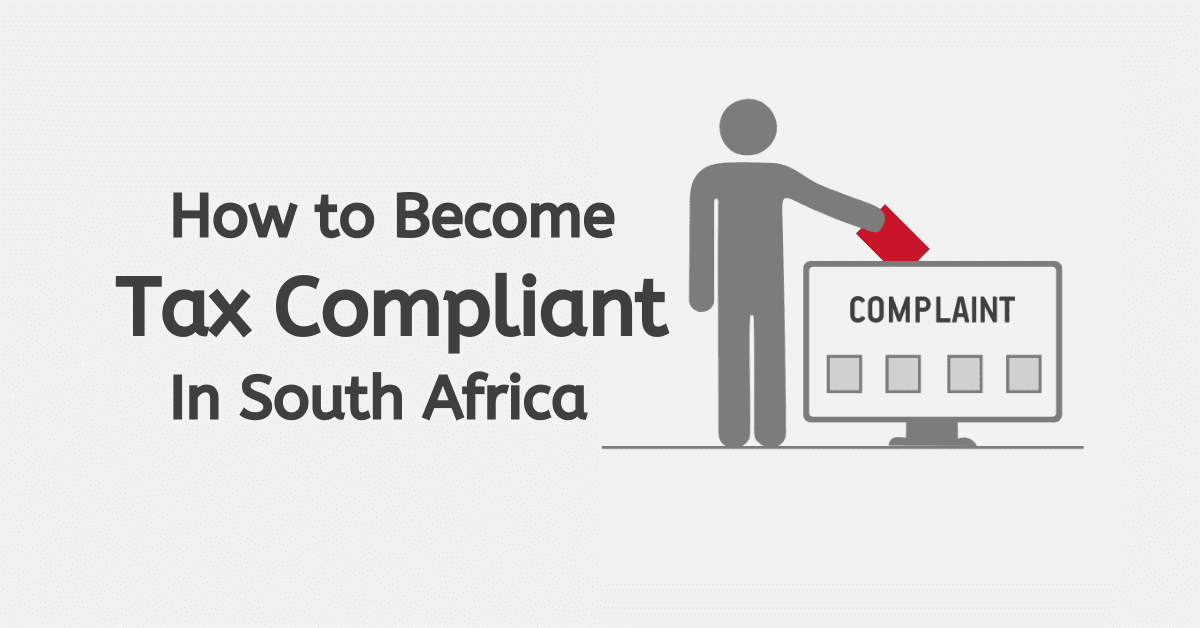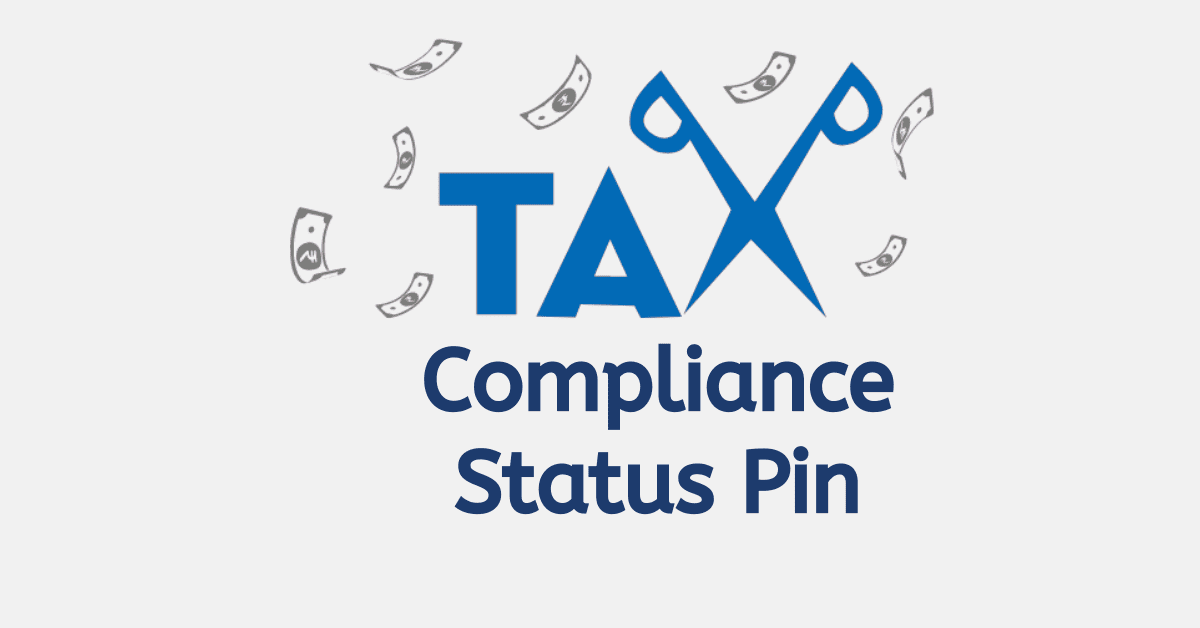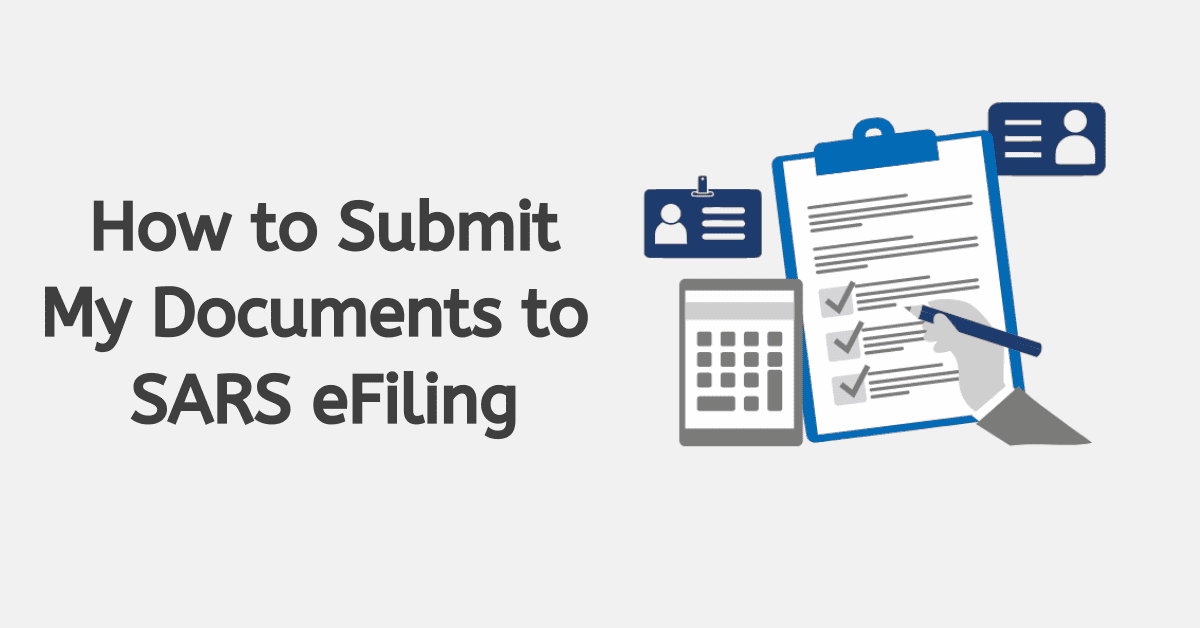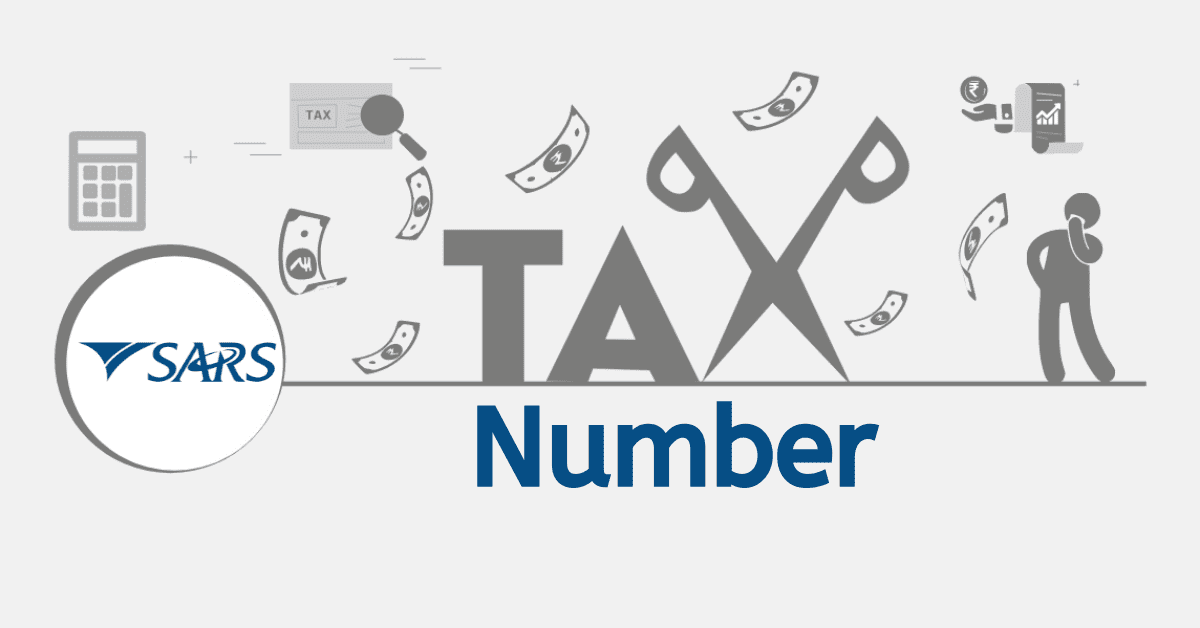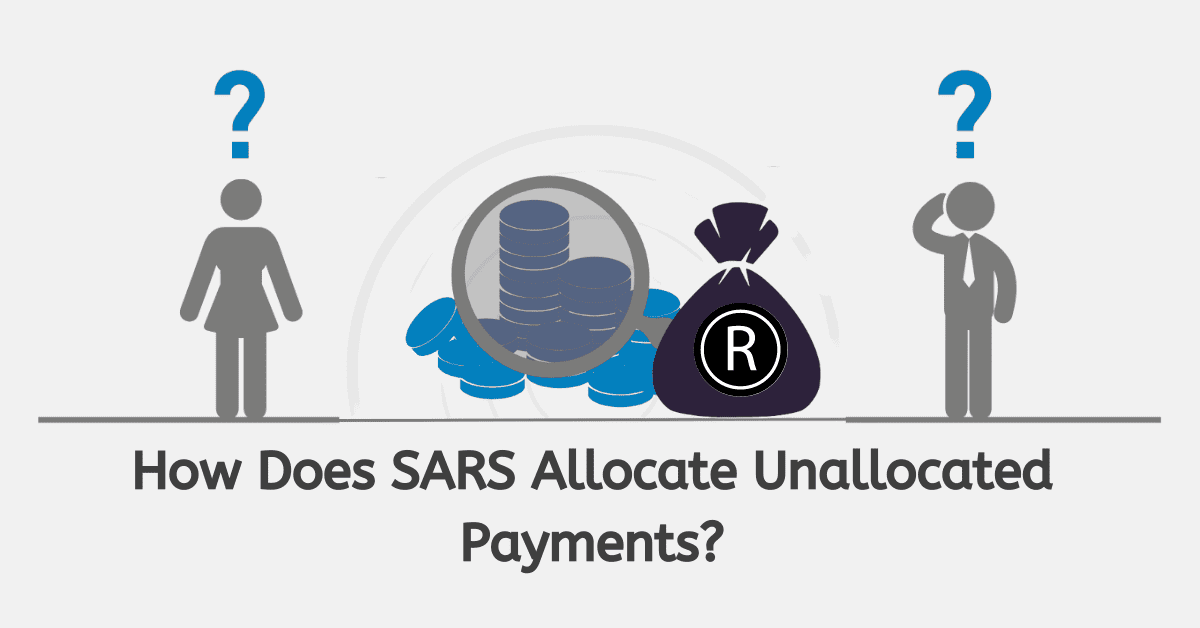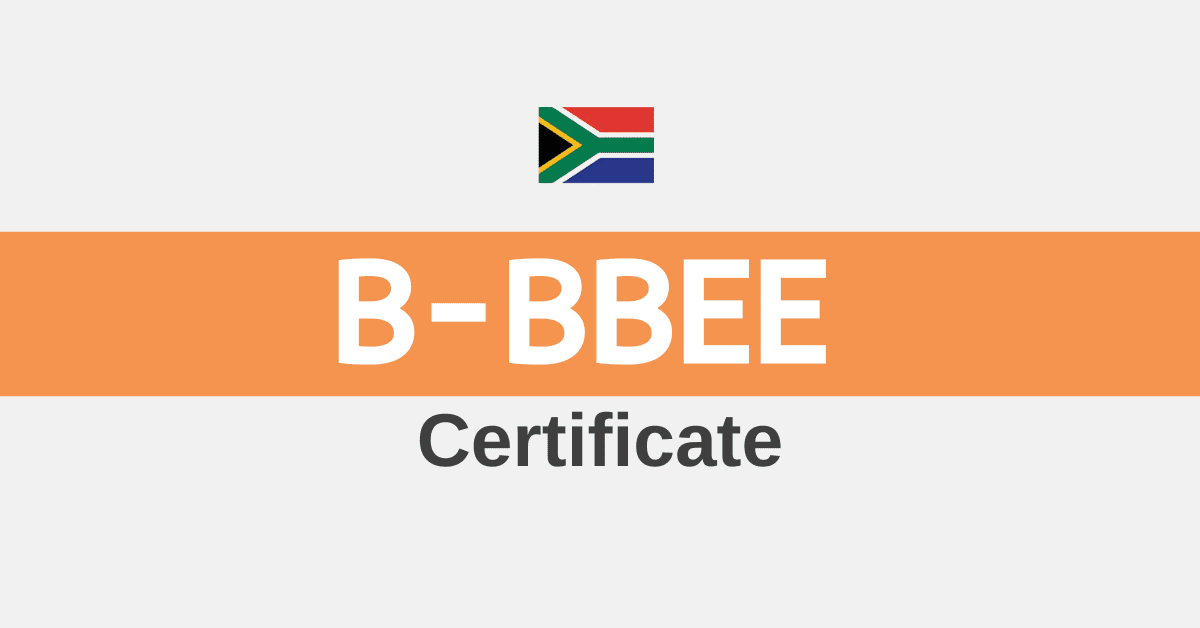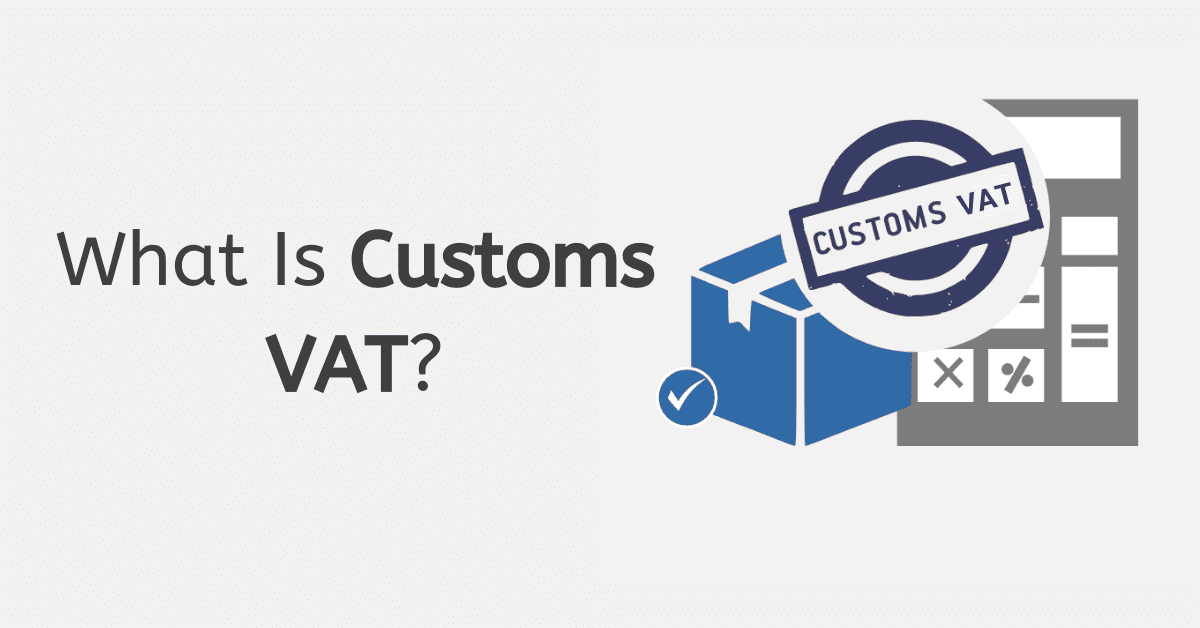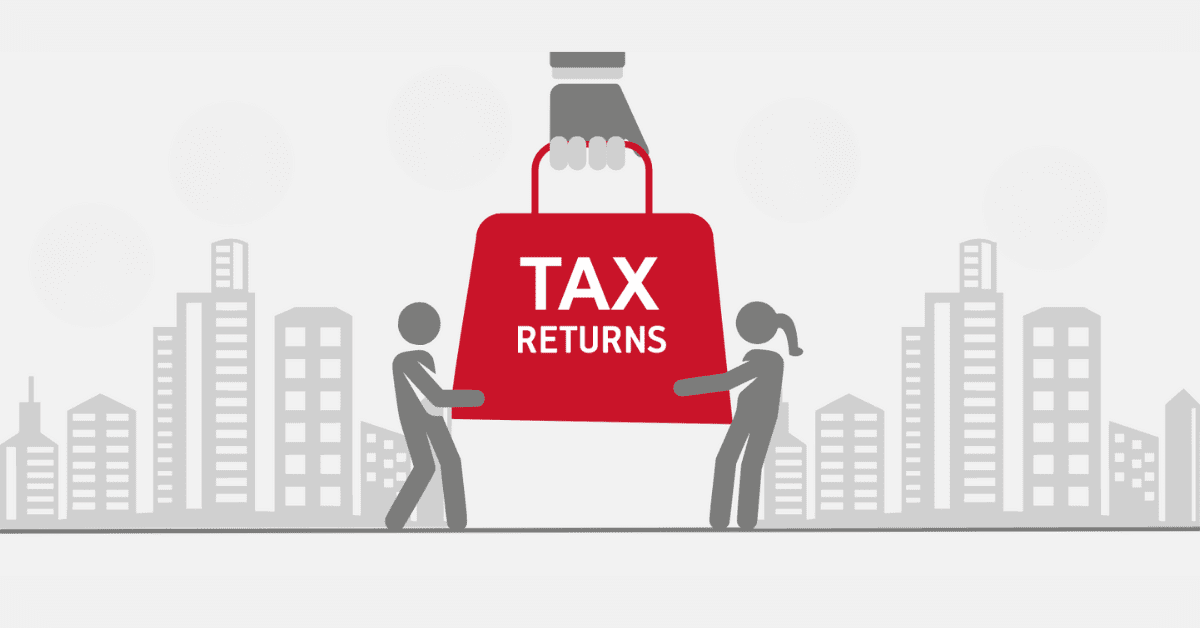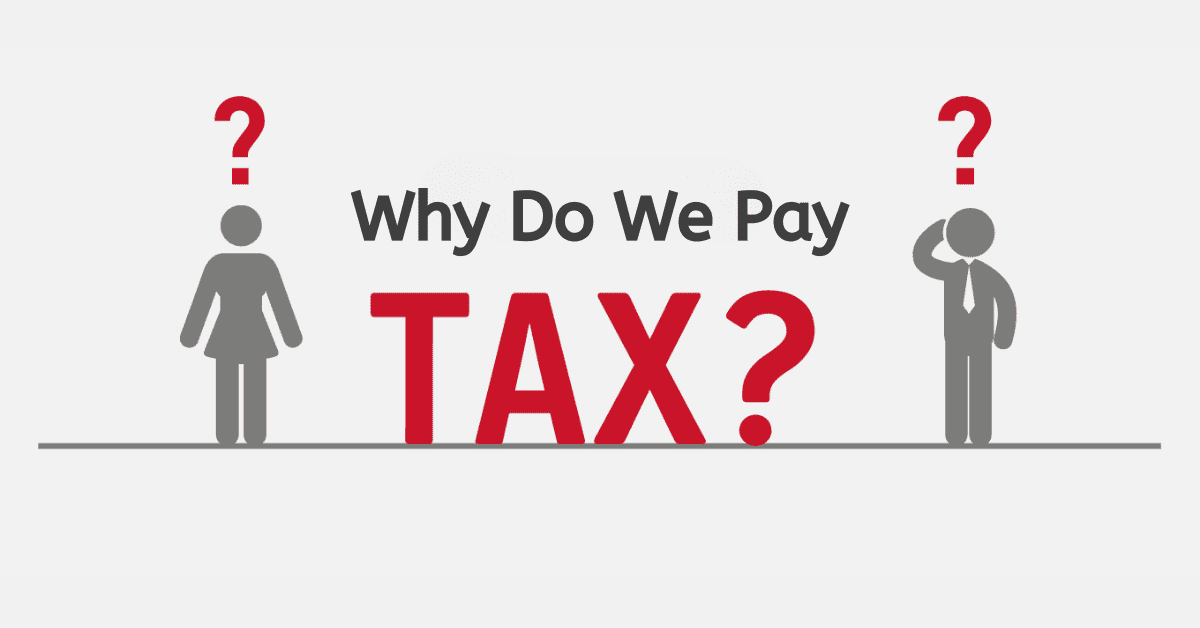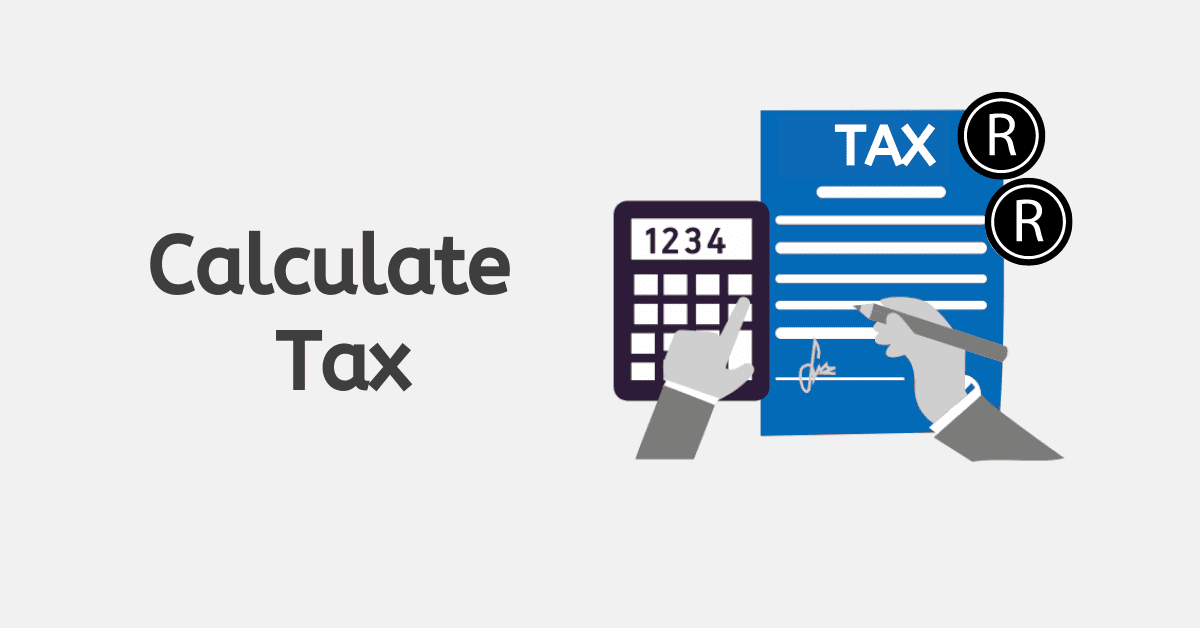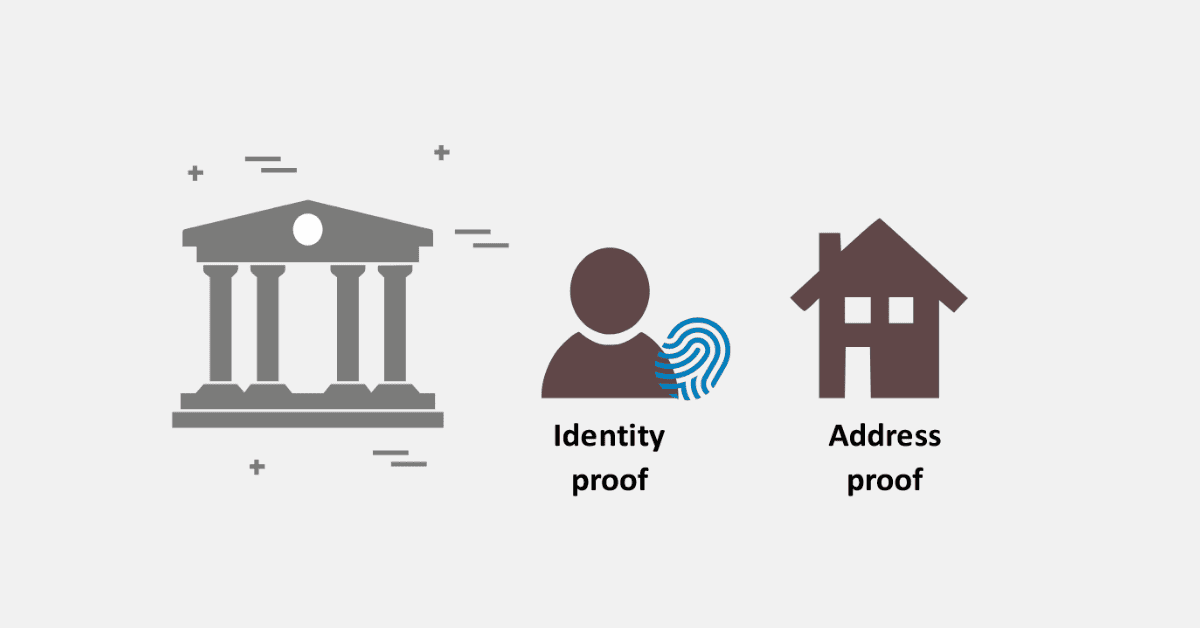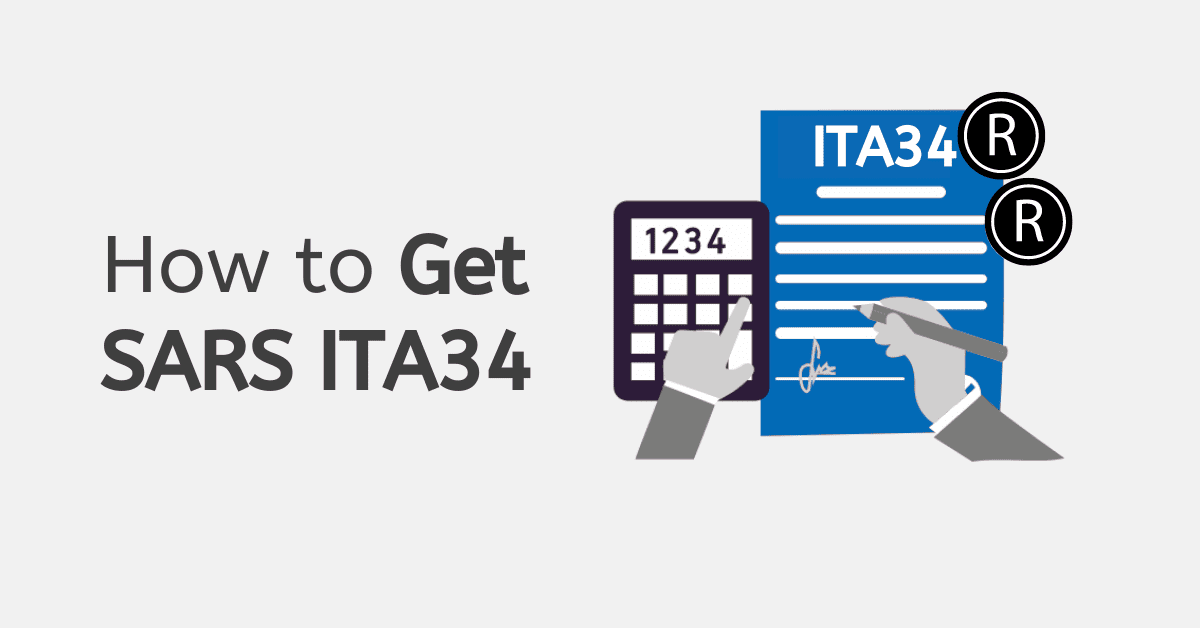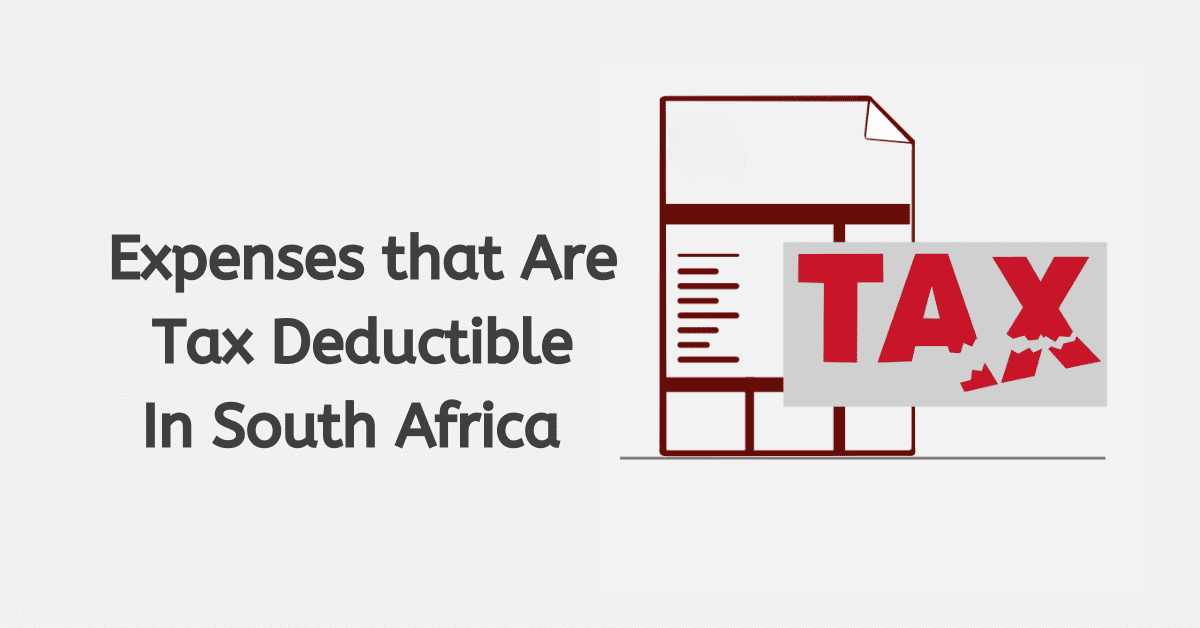Each year, tax rates are proposed by the Minister of Finance during the annual Budget Speech. Taxes are extremely important as it allows the government to fund several crucial public services, such as schools, medical facilities, and security services.
The amount of tax levied varies, depending on the type of income being taxed. Understanding the different types of taxes and the amount of tax payable on each will help you make smarter investment decisions and create an effective portfolio.
Let’s look at the different tax brackets in more detail:
How much tax does SARS take?
There are several taxes that are payable to SARS, and each has its own special rates, terms, and exclusions. The most common type of tax is Income Tax. Here’s how much SARS takes from your salary:
| Taxable Income (ZAR) | Rate of Tax (ZAR) |
| 1 – 226 000 | 18% of taxable income |
| 226 001 – 353 100 | 40 680 + 26% of taxable income above 226 000 |
| 353 101 – 488 700 | 73 726 + 31% of taxable income above 353 100 |
| 488 701 – 641 400 | 115 762 + 36% of taxable income above 488 700 |
| 641 401 – 817 600 | 170 734 + 39% of taxable income above 641 400 |
| 817 601 – 1 731 600 | 239 452 + 41% of taxable income above 817 600 |
| 1 731 601 and above | 614 192 + 45% of taxable income above 1 731 600 |
Other tax types include:
- Transfer Duty
- Turnover Tax
- Employers
- Donations Tax
- Estate Duty
- Royalties
- Securities Transfer Tax
- Tax on International Air Travel
You can view all current and historical tax brackets for each of the tax types mentioned above here.
How does SARS calculate tax?
The average tax rate in South Africa in 2026 is 12.5%, and the marginal tax rate is 26%. Marginal tax relates to the immediate additional income that will be taxed at the marginal rate.
For example, an increase of R10 in your income will be taxed R2.60; therefore, your net income will increase by R7.40.
South African taxpayers are liable to pay income tax according to the following:
- If you earn R91 250 or more and are younger than 65 years.
- For Taxpayers that are between 65 – 75 years old, the tax threshold will be R141 250.
- For Taxpayers that are 75 years and older, the tax threshold will be R1157 900.
SARS uses a pre-determined rate to calculate each type of tax due based on the income received by the taxpayer. Tax rates may be expressed as an amount, a percentage, or a combination of both.
Here is how income tax is calculated by SARS:
| Taxable Income (ZAR) | Rate of Tax (ZAR) |
| 1 – 226 000 | 18% of taxable income |
| 226 001 – 353 100 | 40 680 + 26% of taxable income above 226 000 |
| 353 101 – 488 700 | 73 726 + 31% of taxable income above 353 100 |
| 488 701 – 641 400 | 115 762 + 36% of taxable income above 488 700 |
| 641 401 – 817 600 | 170 734 + 39% of taxable income above 641 400 |
| 817 601 – 1 731 600 | 239 452 + 41% of taxable income above 817 600 |
| 1 731 601 and above | 614 192 + 45% of taxable income above 1 731 600 |
You can view all current and historical tax brackets for each of the tax types above here.
What is SARS basic amount?
The basic amount for an individual or natural person is taxable income assessed for the preceding year of assessment, excluding any taxable portion of a lump sum benefit or any other exclusions stated under the definition of “gross income” according to SARS.
For companies, the basic amount is the taxable income assessed for the latest year preceding the year of assessment, excluding any taxable capital gains included.
In either instance, the basic amount must be increased by 8% per year if an estimate is made 18 months after the end of the latest year of assessment.
The “year last assessed” refers to an assessment preceding the year of assessment for which the estimate is made and for which a notice of assessment relevant to the estimate has been issued by SARS not less than 14 calendar days prior to the due date of such estimate.
What is the SARS rate per Kilometre?
The fixed rate per kilometer, as confirmed by the Minister of Finance (since 1 March 2022), is:
- R4.18 per kilometer
Travel allowance is any allowance paid or advanced to an employee in respect of travel expenses for business purposes only. Any part of the allowance that is not used for the purpose of business travel, such as traveling for domestic purposes, is excluded.
80% of the travel allowance paid to an employee is subject to the deduction of the employee’s tax. If the employer is satisfied with that, then only 20% of the allowance is subject to the deduction of employees’ tax
Is South Africa a high-tax country?
Similar to many countries across the world, South Africa has a progressive tax system, meaning that the more your earn, the more tax you will pay.
Based on SARS tax statistics for 2026, South Africa’s average tax rate across all taxpayers is 22.4%. That percentage is relatively low compared to tax rates worldwide, with the average sitting at 24.5%.
South Africa’s highest marginal tax rate is 45%, which is roughly equal to the major developing nations such as the UK, China, and Australia. But, it is significantly higher when compared to other African countries such as Zimbabwe, which is the next highest at 40%, Namibia (37%), and Mozambique (32%).
However, SA’s tax burden is significant and ranks as one of the highest in the world when we look at the tax-to-GDP ratio, which proves how heavily tax is levied on SA citizens relative to the overall productivity of the country.
The tax-to-GDP ratio in South Africa for 2026 was recorded at 24.6% and is expected to escalate to around 25% in 2026
